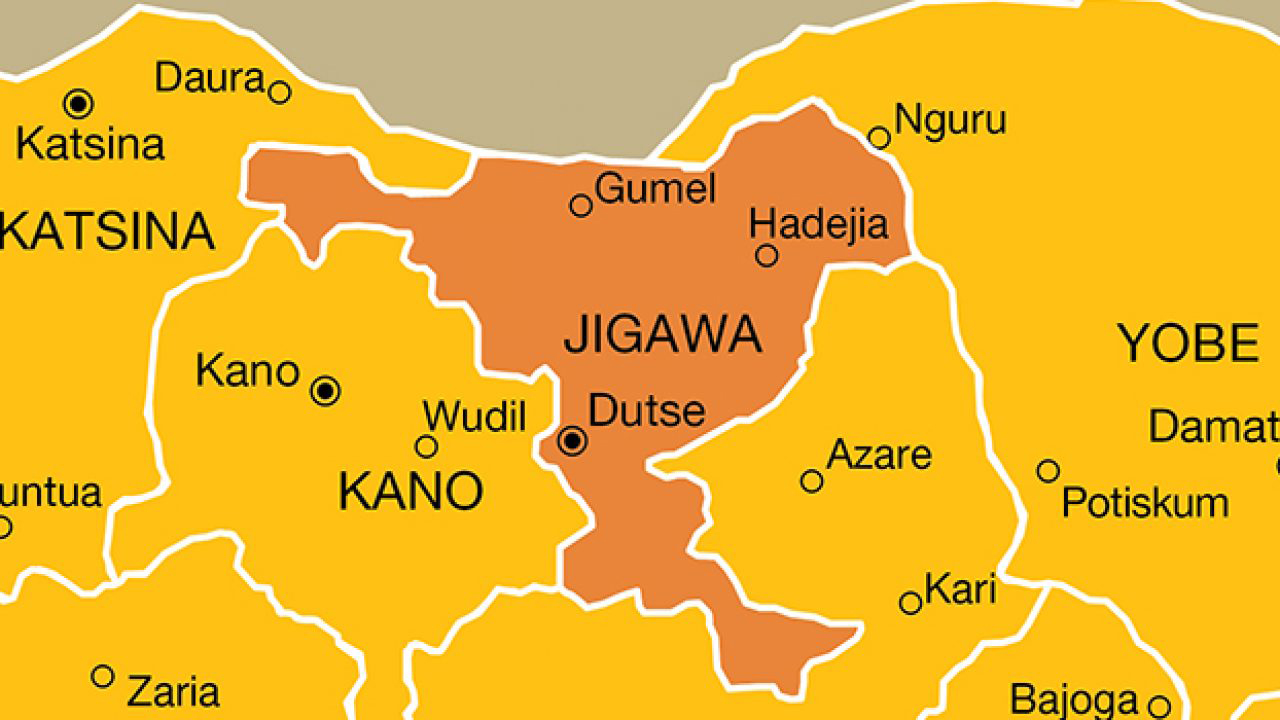Ensuring inclusion and accessibility for people living with disabilities in Jigawa State
Jigawa State, located in the northwestern region of Nigeria, is a land of diverse cultures, traditions and communities. While the state has made strides in various aspects of development, the rights and needs of people living with disabilities remain a critical aspect that requires attention. Inclusion is a fundamental principle of any progressive society. It […]

Jigawa State, located in the northwestern region of Nigeria, is a land of diverse cultures, traditions and communities. While the state has made strides in various aspects of development, the rights and needs of people living with disabilities remain a critical aspect that requires attention.
Inclusion is a fundamental principle of any progressive society. It emphasizes that all individuals, regardless of their abilities, should have equal opportunities to participate in various aspects of life, including education, employment, social activities and more. By prioritizing inclusion, Jigawa State can unlock the potentials of people living with disabilities and contribute to a more equitable and just society.
Education is the cornerstone of personal and societal development. Unfortunately, many children and young adults with disabilities in Jigawa State face significant barriers to accessing quality education. Limited accessible infrastructure, a lack of special education resources, and societal stigmatization often hinder their educational prospects. To address this issue, Jigawa State must invest in inclusive educational policies, infrastructure, and specialized training for educators to ensure that every child, regardless of their abilities, has the opportunity to learn and grow.
Employment is not only a source of income but also a means of achieving independence and self-worth. People living with disabilities in Jigawa State encounter challenges in finding suitable employment due to discrimination and a lack of accommodations in the workplace. The state can create a more inclusive job market by promoting diversity and enforcing anti-discrimination laws, as well as offering vocational training programs to enhance the employability of disabled individuals.
Arab, Muslim Nations Condemn Gaza War Crimes
Shettima lauds Access Bank’s N30bn discounted loans to 700,000 MSMEs
Social inclusion is crucial for the emotional well-being and overall quality of life of individuals with disabilities. Society’s attitudes and perceptions play a significant role in promoting or hindering social inclusion. Jigawa State can raise awareness and foster a more Inclusive society by implementing public awareness campaigns, promoting disability rights, and encouraging positive portrayals of people with disabilities in the media and public discourse.
To better understand the needs of people with disabilities in Jigawa State, it’s essential to examine the challenges they encounter on a daily basis:
Many public spaces, transportation systems, and buildings in Jigawa State lack the necessary infrastructure to accommodate individuals with disabilities. Ramps, elevators, and accessible public transportation are often missing, making it difficult for people with disabilities to move freely and independently.
Ensuring the inclusion and accessibility of people living with disabilities in Jigawa State is not only a moral imperative but also a way to harness the untapped potential of a significant portion of the population.
Mary Alimu wrote from the Mass Communication Department, Borno State University, Maiduguri
